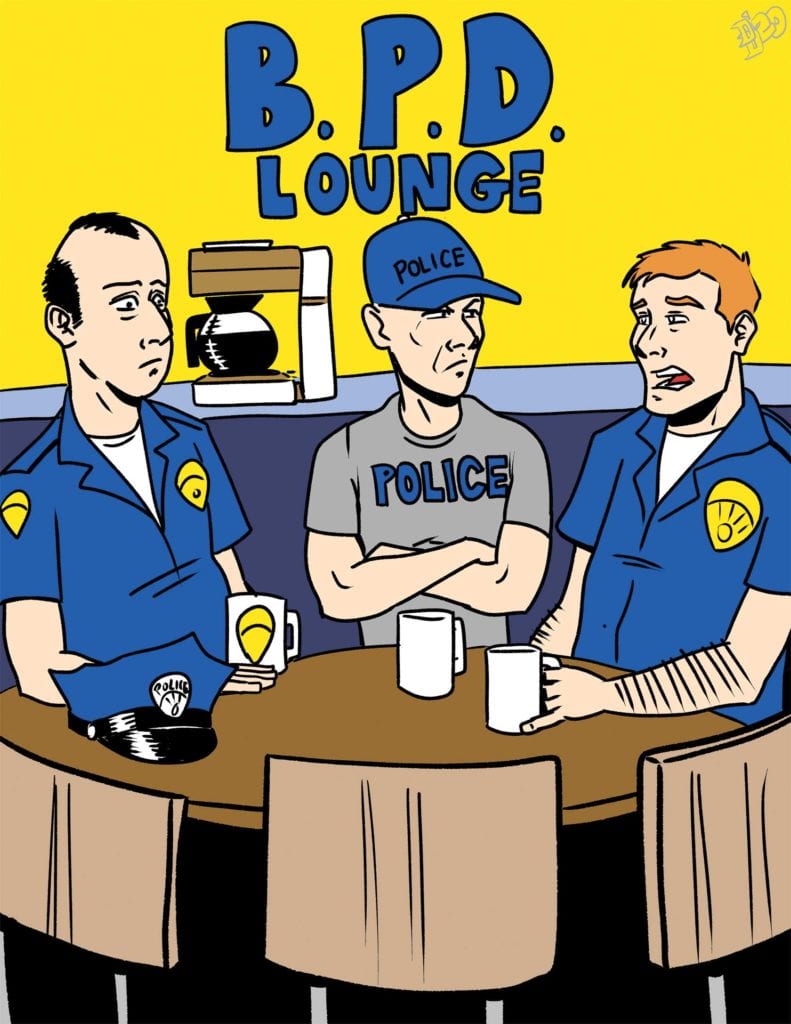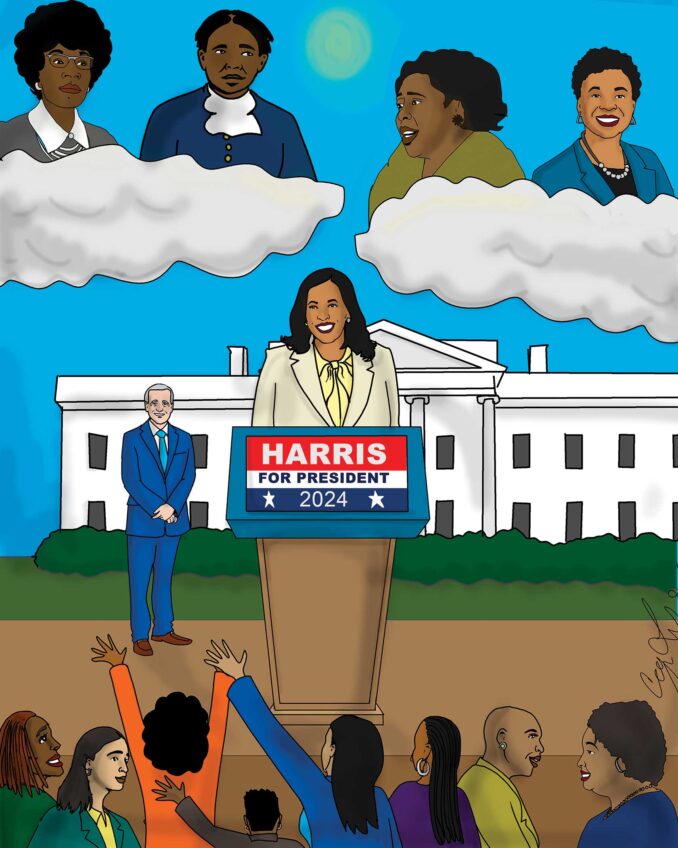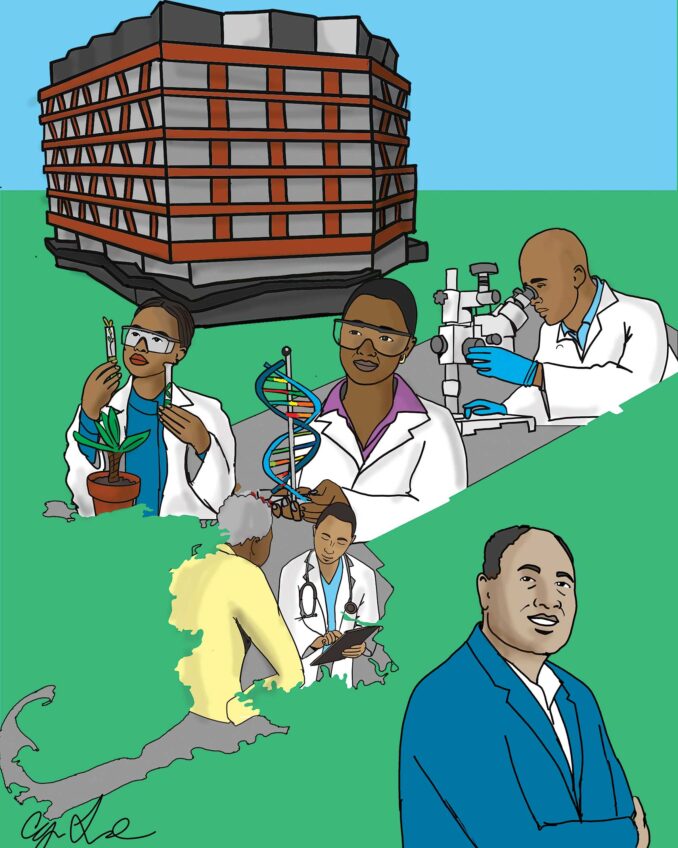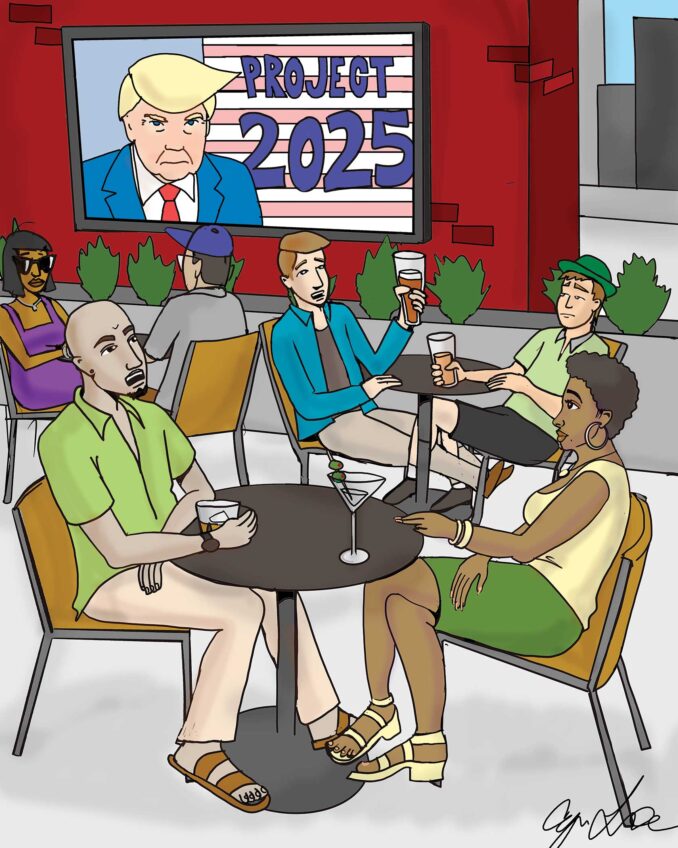
Boston Mayor Martin Walsh organized a Boston Police Reform Task Force last June to review police procedures and recommend changes. Last Tuesday, Walsh accepted the report of the Task Force and moved immediately to establish the revised procedures. The outstanding changes are as follows:
1. Establishment of the Office of Police Accountability and Transparency (OPAT) with an executive director and a staff.
2. Creation of a diversity and inclusion unit to expand racial diversity and inclusion in the BPD.
3. Expansion of the body camera program.
4. Enforcement of discipline for failure of officers to comply with rules regarding the use of force.
In addition to those specific measures, Walsh committed to file a home rule petition to enact civil service reform to allow the BPD to adopt hiring preferences for graduates of Boston high schools as well as METCO students.
Members of the Boston Police Reform Task Force include, among others, Chair Wayne Budd, former U.S. attorney for the District of Massachusetts; Joseph D. Feaster Jr., Esq., chairman of the board, Urban League of Eastern Massachusetts; and Tanisha M. Sullivan, Esq., president, NAACP Boston Branch.
Police conduct has been an element of the presidential campaign. From the Republican perspective, the issue is “law and order.” However, the Democrats are more concerned with police violence. The slogan “Black Lives Matter” seems to offend the conservatives. Since police affairs are governed by municipal law, federal issues involved in the present campaign take precedence.
But that is not the case in Boston. A recent report by the Boston Globe indicates that the Boston Police Department is rife with racial discrimination against Black officers. The areas of concern are penalties and awards. While only 22% of Boston’s police officers are Black, since 2010 they have accounted for 41% of those suspended and almost half of those terminated and suspended.
The record is no better on the awards side. White officers are awarded 73% of all medals and special citations between 2010 and 2018. Understandably, Black officers object that their sterling performances for bravery and leadership are not acknowledged, while they are adversely cited for alleged offenses that would be ignored when white officers are involved.
In addition, the task force report lists a number of activists in the Boston community who were consulted to determine their ideas. But everyone should be aware that the hard part has just begun. The proposed changes will upset the status of some members of the BPD who now enjoy considerable political clout. People naturally object to any loss of power.
In cities across the country, police officers have demonstrated outstanding discipline and acumen to assert and maintain political power. In numerous departments, they have also established work rules that compensate them for duties they have not performed. Consequently, reform might result in a cut in pay.
Citizens must be ready. While the police reform proposals are reasonable and fair, there will likely be some folks who don’t think so. The ultimate resolution will require sustained support from the electorate.






